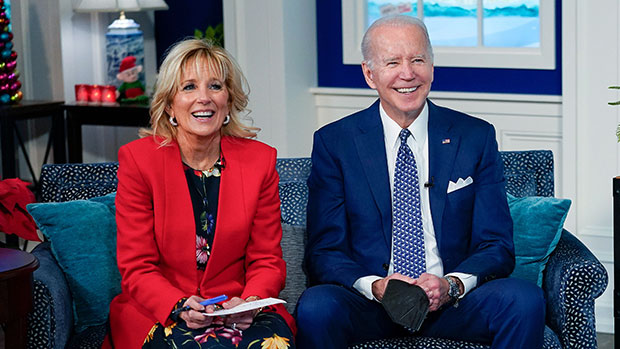Guest Post: How Seventh Row Is Revising the Film Canon with Books on Women Directors
By Orla Smith Browsing the film section of most bookstores, books about female directors are a rare find. Nestled between the tomes on Alfred Hitchcock, Martin Scorsese, and Paul Thomas Anderson, you might just be lucky enough to discover...

By Orla Smith
Browsing the film section of most bookstores, books about female directors are a rare find. Nestled between the tomes on Alfred Hitchcock, Martin Scorsese, and Paul Thomas Anderson, you might just be lucky enough to discover a book on Agnès Varda or even Sofia Coppola. Still, even their names are often lost amongst the Francis Ford Coppolas, Jean-Luc Godards, and Quentin Tarantinos of the world.
The overwhelmingly white and male film “canon” has long dictated who is worthy of book-length analysis. Not only are women not accepted into that exclusive group, but a lot of the most talented female directors around are early in their careers, or they’ve only made a few films because it took years and years to get each of them made. Since Lynne Ramsay’s feature directorial debut, “Ratcatcher” (1999), she’s only made three feature films. There was a 12-year gap in between Kelly Reichardt’s first film, “River of Grass,” and her follow-up feature, “Old Joy.” We’re still waiting for the second features from Rungano Nyoni (“I Am Not a Witch,” 2017), Coralie Fargeat (“Revenge,” 2017), Anna Rose Holmer (“The Fits,” 2015), and too many more to count.
At Seventh Row, a woman-run film website and publishing house, we want to change the conversation around which filmmakers are worthy of attention, discussion, and analysis. We’ve always focused on championing films directed by women on our website, but we knew there was more we could do. How could we elevate Kelly Reichardt to the level of stature of Paul Thomas Anderson? By making space for her on those bookshelves.
They’re virtual bookshelves, but all the same, we began producing e-books, many of which are about female filmmakers. Along with our book on Reichardt, we published “Portraits of resistance: The cinema of Céline Sciamma” and “Tour of memories: The creative process behind Joanna Hogg’s The Souvenir”, the first books ever published about Sciamma and Hogg. These books analyze their films individually and as a collective whole, as well as interview the filmmakers and their collaborators. These books anoint the filmmakers as worthy of hundreds of pages of careful consideration, a position so rarely afforded to female directors.
With our new e-book, “In their own words: Fiction directors,” we’ve gone a step further by including the voices of both male and female filmmakers, implicitly elevating female directors to the same level as their male counterparts by giving their insights equal weight. It’s a guide to filmmaking, as told by 70-plus of the best contemporary filmmakers, and yes, contrary to popular sources, that includes a lot of women, from Reichardt and Sciamma to Sally Potter and Chloé Zhao.
In the book, you’ll find nine sections (working in different genres, representation on film, post-production, etc.), each featuring several questions about filmmaking. For example, in the section “Devising an aesthetic” we ask, “How do you choose an aspect ratio?” and “Do you prefer to shoot on film or digital?” Underneath each question, multiple filmmakers weigh in, their insights cherry-picked from hundreds of interviews we’ve conducted over Seventh Row’s five-plus-year history.
In “Fiction directors,” the words of Mike Leigh and Amma Asante are placed side by side, on equal footing. We didn’t want to feature only women directors because that would imply they require separate consideration, lest they be overpowered by the brilliance of their male counterparts. We believe that the best female filmmakers working today can easily measure up to the best men, and so we structured our book around that belief.
Just over 50 percent of the filmmakers featured are women. There is no hierarchy of voices within the book. The insights of first-time filmmakers aren’t differentiated from those of industry veterans. The only criteria for inclusion was if the filmmaker had something interesting to say.
We want our books to be read by cinephiles, but we also want them to be taught in film schools — and so far, several of them have been. Disrupting the accepted film canon starts with changing the conversation in social, professional, and educational film circles, or at the very least, providing an alternative conversation. With our e-books, we hope Seventh Row can be a small part of that growing movement.
Seventh Row is a film website and publishing house that believes film can be an instructive, constructive mirror to society. Through e-books, articles, and podcasts, we explore in-depth the craft and themes of films that illuminate the social structures we all live under.
Find out more about “In their own words: Fiction directors” on Seventh Row’s website.

 Lynk
Lynk 





























.jpg&h=630&w=1200&q=100&v=6e07dc5773&c=1)


